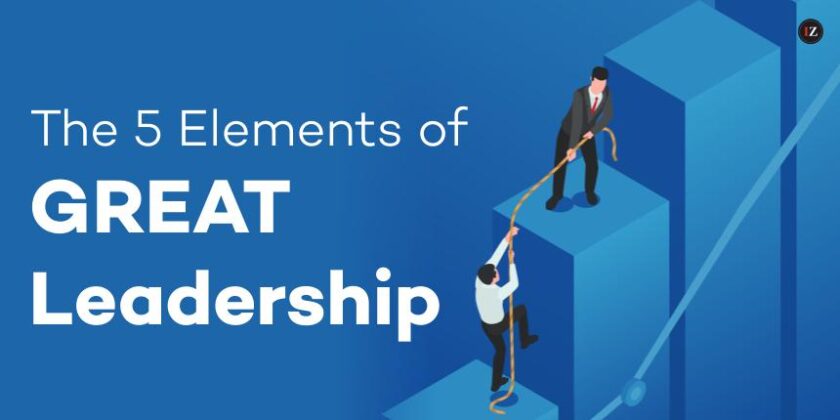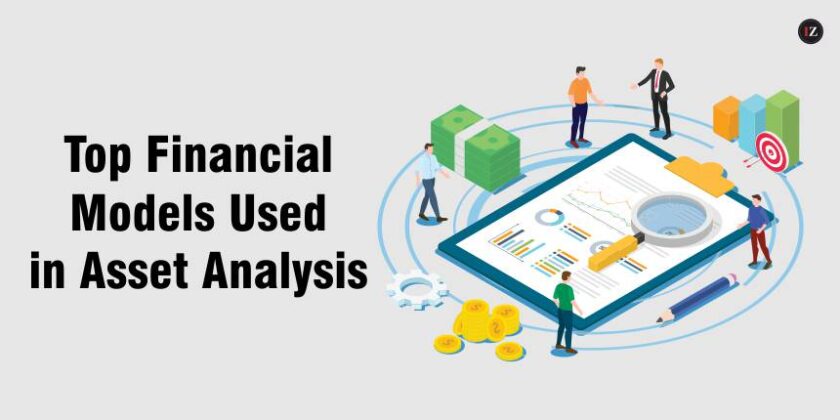Leaders who make gender diversity significance by setting ambitious goals for the proportion of women in leadership roles, insisting on diverse slates of candidates for senior positions, and developing mentoring and training programs are frustrated. Around the world, women now have more power than ever before. Men still dominate decision-making but the number of women is on the rise in parliaments and cabinets, judiciary and police forces, formal employment and education.
Becoming a leader includes much more than being put in a leadership role, acquiring new skills, and adapting one’s style to the requirements of that role. It involves a fundamental identity shift. Organizations inadvertently undermine this process when they advise women to proactively seek leadership roles without also addressing policies and practices that communicate a mismatch between how women are seen and the qualities and experiences people tend to associate with leaders.
Many women have operated hard to take gender out of the equation to simply be recognized for their skills and talents. Moreover, the existence of gender bias in organizational policies and practices may suggest that they have no power to determine their own success. When asked what might be holding women back in their organizations.
Transformation Is Enhanced When Women Support Women
While there are many things that have happened to advance for the women in recent years, different communities of women providing support for other women is a very strong force driving change. From communities of working mothers providing support to one another to communities of female entrepreneurs supporting one another on their journey. This makes lot change in the world.
Women overcoming the invisible Obstacles
Nowadays, women around the world still continue to face universal barriers and defeats at the workplace. While the marvel is universal, the details differ from country to country, shaped by cultural and economic forces. There are multiple limitations that underlie gender inequality in the world of work.
Enlightening the culture plays an important role in promoting leadership for creating future leaders. Currently, numerous innovative activist organizations are coming up with educational programs, professional grooming sessions and lectures for educating students, aspiring entrepreneurs and experienced professionals in transforming their former mindset into a refined and modern one. If the recent era wants to witness significant changes within the next generation of leadership, more educational institutions must create and implement leadership development programs, including issues concerned to gender diversity and bias over women’s leadership abilities.
Regular qualities normally assigned to women can be big differentiators as leadership qualities in the workplace. Women can help others set goals and attain them, emphasize teamwork, and invest time in training, mentoring and personal development. When women bring this strength to bear for their teams and employees, it has long-lasting implications. It improves employee retention, creates stronger team players, and develops the next generation of female role models. As each woman in the workplace does her part to work toward gender equality in her workplace, the gap will slowly but surely close over time.




